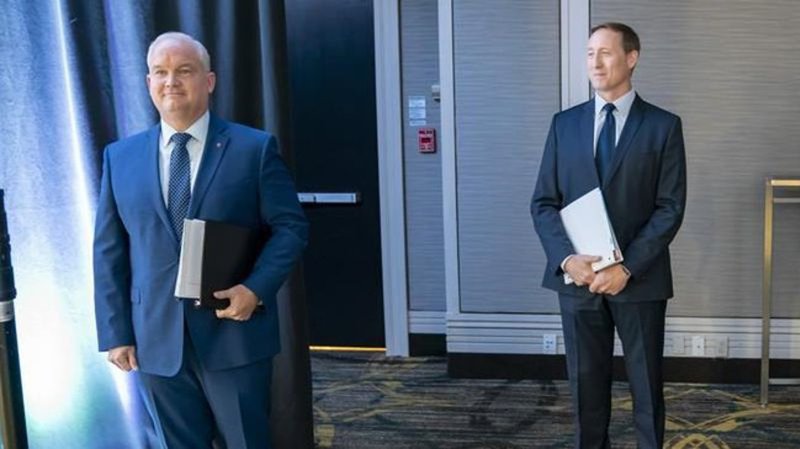
Peter MacKay on why he lost Conservative leadership and what it means for the party
OTTAWA — As he contemplates a failed Conservative leadership campaign that put the cart before the horse — trying to win a federal election instead of first securing his party — Peter MacKay is reminded of an age-old cliche: “Nice guys finish last.”
And while the longtime Tory leader-in-waiting has few regrets, he does worry that the ever-growing influence of social conservatives within the movement could lead to more disappointment at the polls if victor Erin O’Toole can’t keep them in check.
In a long and wide-ranging interview with The Canadian Press, MacKay said the examination of his second-place finish in the contest is still underway, but several factors are evident.
The pause forced by the COVID-19 pandemic stopped MacKay’s early momentum, and a decision by party organizers to extend the deadline for membership sales gave his rivals time to catch up. He also cited “ring rust” from being out of politics for five years and the immense reach of social media in amplifying minor errors.


